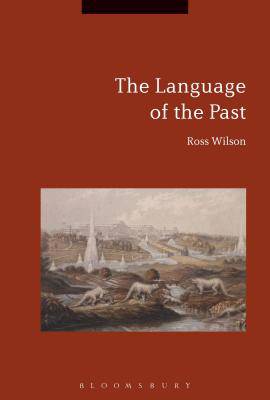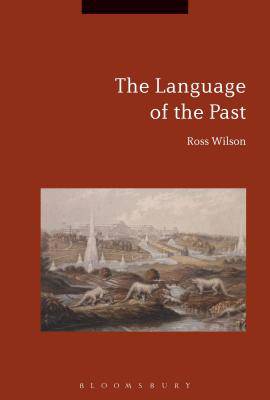
- Afhalen na 1 uur in een winkel met voorraad
- Gratis thuislevering in België vanaf € 30
- Ruim aanbod met 7 miljoen producten
- Afhalen na 1 uur in een winkel met voorraad
- Gratis thuislevering in België vanaf € 30
- Ruim aanbod met 7 miljoen producten
Omschrijving
The Language of the Past analyzes the use of history in discourses within the political, media and the public sphere. It examines how particular terms, phrases and allusions first came into usage, developed and how they are employed today. To speak of something or someone as representing the 'stone age', or characterize an institution as 'byzantine', to describe a business relationship as 'feudal' or to disparage ideals or morality as 'Victorian', refers to both a perception of the past and its relationship to the present. Whilst dictionaries and etymologies define meanings and origin points of words or phrases, this study examines how history is maintained and used within society through language.
Detailing the specific words and phrases associated with particular periods used to describe contemporary society, this thorough examination of language and history will be of great interest to those studying historiography, social history and linguistics.Specificaties
Betrokkenen
- Auteur(s):
- Uitgeverij:
Inhoud
- Aantal bladzijden:
- 256
- Taal:
- Engels
Eigenschappen
- Productcode (EAN):
- 9781350058057
- Verschijningsdatum:
- 25/01/2018
- Uitvoering:
- Paperback
- Formaat:
- Trade paperback (VS)
- Afmetingen:
- 170 mm x 244 mm
- Gewicht:
- 417 g

Alleen bij Standaard Boekhandel
Beoordelingen
We publiceren alleen reviews die voldoen aan de voorwaarden voor reviews. Bekijk onze voorwaarden voor reviews.







